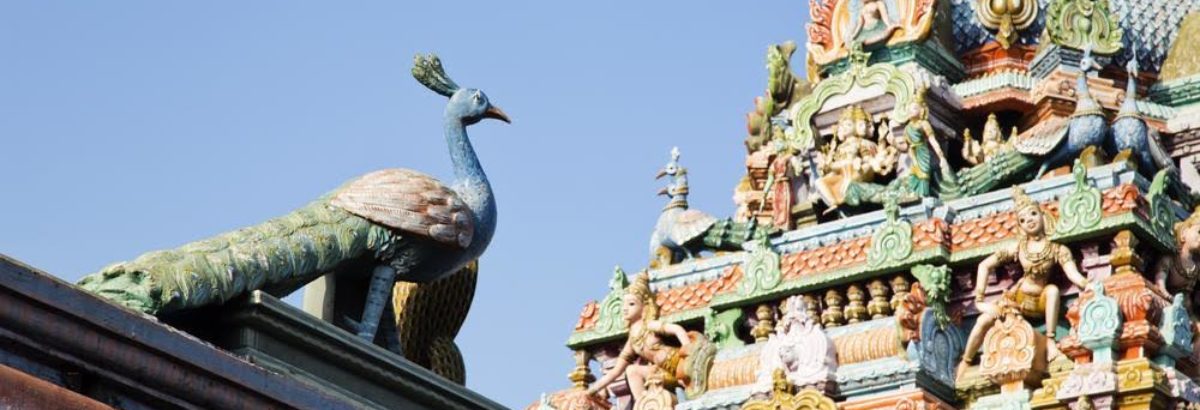The Divine Mother – Gayathri
Gayathri is the epitome of the Vedas. It is a Divine Elixir. This sacred Mantra has been recited in the Cavern of the hearts by millions of people for over several centuries. There is no prayer more comprehensive, more majestic, more effective and more blissful than Gayathri.
Gayathri Mantra is called Song Saviour as it protects him, who chants it. Gayathri is the Mantra of the Mantras. It is the unique Mantra of purity, unity and divinity.
Manu says, There is no higher Mantra than Gayathri, there is no higher deity than ones Mother. It is out of Gayathri the Vedas have come and into Gayathri the Vedas have converged. That is why this sacred verse adorns all the Vedas.
It occurs in Rigveda (III. 62.10) in Yajur Veda (III 35, XXII, 9, XXXVI, 3) and in Samaveda (1462).
— to be continued.
—Dr.V.Meenakshi Jayakumar.


